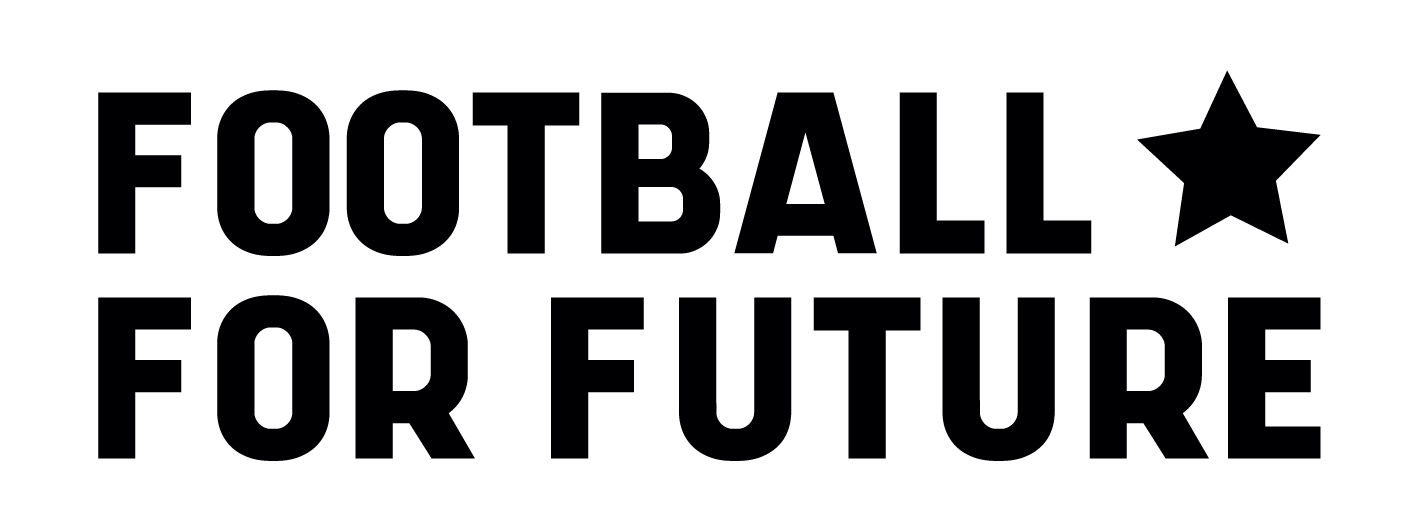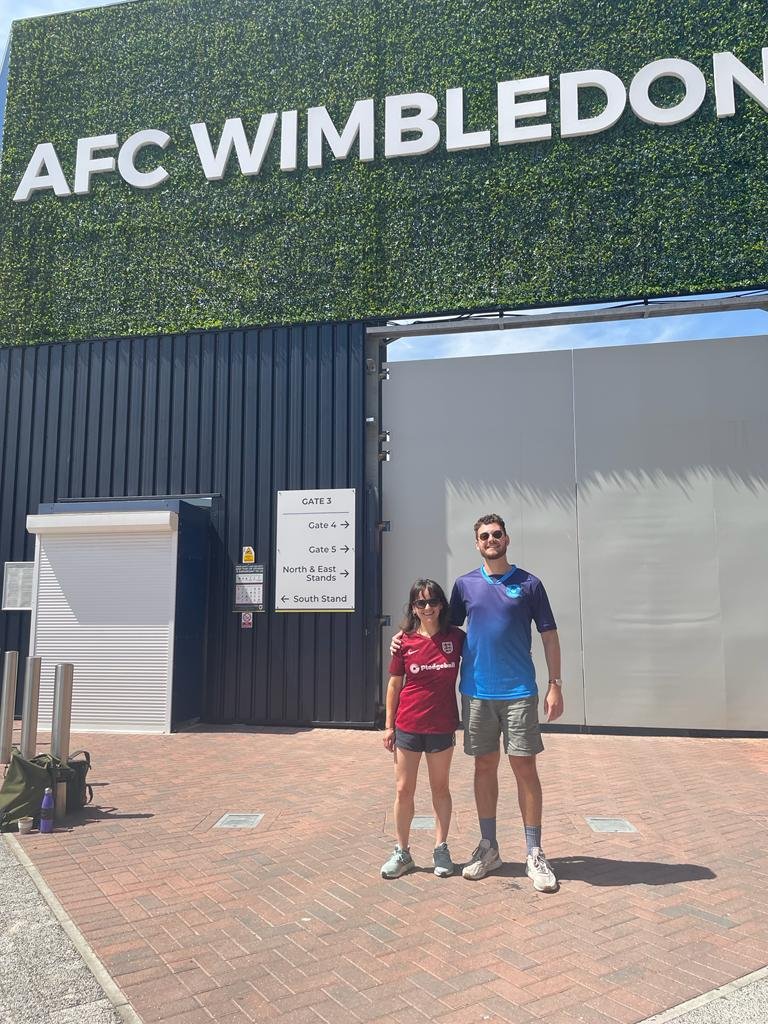How can football fans talk to their clubs about tackling climate change?
FFF have partnered with football x climate charity Pledgeball, delivering a workshop that encourages football fans to ask their clubs what they are doing to tackle climate change, and to pledge to reduce their personal carbon emissions.
Our section of the workshop shows football fans how they can measure their clubs progress on environmental sustainability.
Fan groups and supporters trusts often have formal relationships and regular meetings with their clubs. These groups can use these meetings to ask their clubs important questions about environmental sustainability.
Fans can ask their clubs one simple question: what are you doing to currently assess and improve your environmental performance?
There are six other questions football fans can use to measure progress on environmental sustainability:
What steps have the club already taken - to improve their efficiency, reduce their emissions, and to reduce their waste & single use plastics?
Have the club signed up to the UN Sport for Climate Action Framework (UNSCAF)? UNSCAF is a commitment by sports organisations to halve their greenhouse gas emissions by 2030, and reach net-zero by 2040. These goals have been set in line with the IPCC reports on climate change. Sign up is increasingly becoming a standard for clubs. Signatories include FIFA, the Premier League, UEFA, BBC Sport, Tottenham Hotspur, Shoreham, and Grimsby Town amongst others.
Have the club calculated their carbon footprint? By calculating this, clubs can begin to take direct action in line with the commitments of UNSCAF. Make sure to ask if this includes scope 1, 2, and 3. Deloitte has an excellent breakdown of what this means here.
If the club play in the EFL, have they replied to the GreenCode? Set-up by Dale Vince, owner of Forest Green Rovers (pioneers in this space), it is a survey designed to support EFL clubs in making their operations more sustainable. If your club have taken part, what were the answers to it? You could ask for a copy.
Have the club engaged any external help in building a sustainability strategy? There are organisations that provide support to clubs in different forms. Football For Future are already supporting two Premier League clubs on this and can happily find help to support non-league clubs too.
Are there local issues that the club can get involved in? Are there passion projects of the fan community that could do with support from the club? What things are the club already involved in? Pledgeball?
We delivered our first version of this workshop at the Football Supporters’ Association’s (FSA) 2022 AGM. Just like the best teams rely on their whole squad, we believe collective action is the best way to ensure that football is part of the solution.
Our partnership with Pledgeball
The team at Pledgeball are asking anyone and everyone in the football industry to commit to climate-positive actions. These pledges take the form of small, easy lifestyle changes, but really add up when everyone gets involved. Pledgeball have also developed their own toolkit for football fans, which is well worth a look.
It’s not all about fans, though, and we’re not letting clubs get off lightly. That’s why FFF have created the above fan checklist explaining how to engage with your club on all things sustainability. There are a whole range of ideas, like checking whether your club has signed up to the UN Sport for Climate Action Framework, if they’ve got a sustainability strategy, and what local sustainability initiatives they may be supporting.
Some things are meant to be debated. Will Haaland’s career see Shearer’s goalscoring records be broken? Maybe. Will the big number 9 see summer heatwaves regularly reaching the 40°C mark in his lifetime? Yes. Like it or not, there’s not much any of us can do to influence how often City’s new striker will find the back of the net. Climate change is different – if we work together, and put rivalries aside to demand action from the clubs we love, we can make a difference.
Need some more info? Get in touch at info@footballforfuture.org, or chat with us on our socials: Twitter, Instagram, Linkedin.




